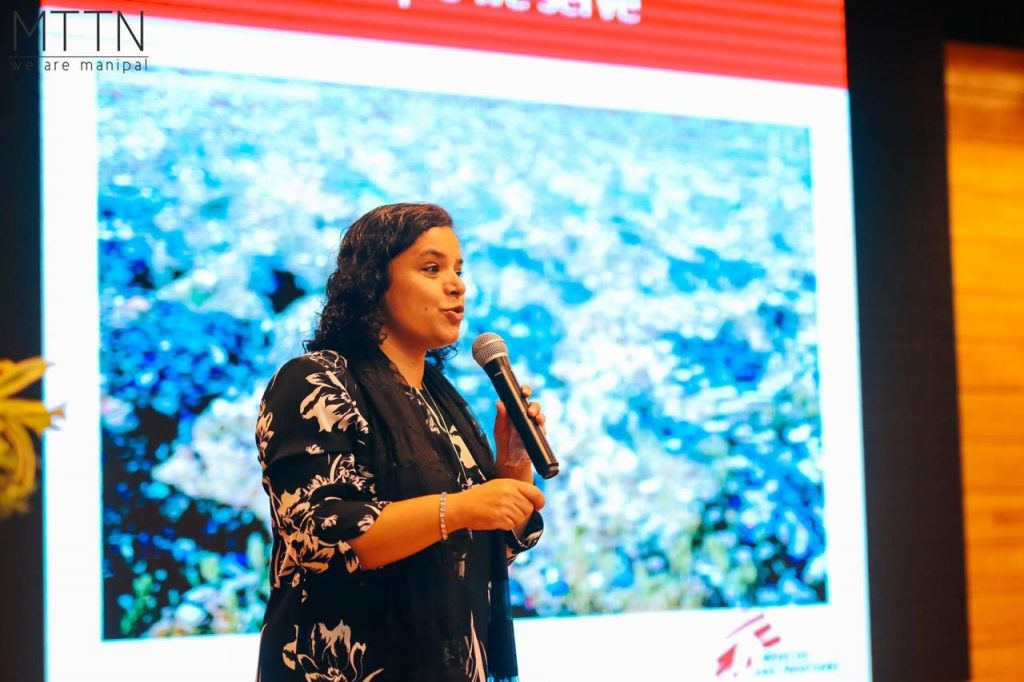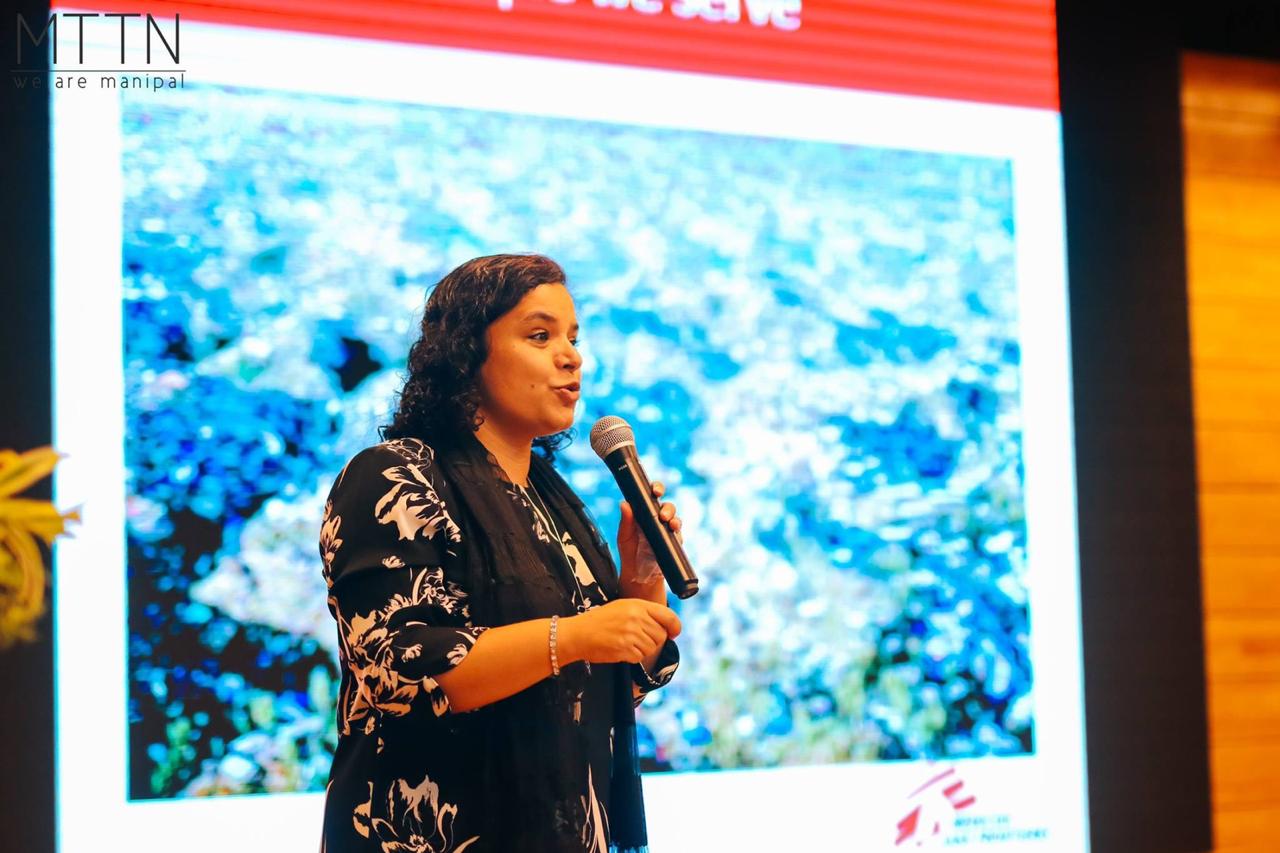
MTTN: What was your inspiration to be a part of Doctors Without Borders? Did you know about this organization and how did it all start?
Dr. Mantoo: To be very honest it was not planned. At that time I was working as an active journalist. I had already worked in places like Sri Lanka, Afghanistan, and Nepal. I was back home for a short while and one of my friends said she was applying to be a part of MSF. She urged me to tag along and that is where I met a Brazilian Psychiatrist, we got talking and I got to know that they were focusing on mental health. Me having a basic degree in psychology and a masters in mass communication and journalism I thought I’d be of no use to such highly qualified doctors. But he was adamant about me staying and seeing how things will go. He wanted to do a mental health program with my help. That is how it all started and since then I never looked back.
MTTN: Are you a full-time member at MSF or do you take time off to explore new avenues?
Dr. Mantoo: I have been working on and off at Europe, East Africa, Middle East North Africa and South Asia in different roles. My current role in MSF now is- I’m one of the seven global HR directors who look after the overall strategy of the organization.
MTTN: What is your advice to passionate doctors out there as to when they can be a part of such organizations?
Dr. Mantoo: I would say that organizations like MSF are going to be there forever. It is just a matter of time and skill. We have doctors who have just completed their MBBS who join to gain some experience because that out of the books knowledge is crucial when you are in this field especially. The experience you gain when you work outside your home country is tremendous. In your own country, you know the culture, language and you have that comfort zone in which you establish yourself. But once you step outside you don’t have the slightest clue about the culture, language or protocol of that country. so, I would say the best time is to work during your break or sabbatical since you have to be gracious enough to give in at least 12-18 months of your time just volunteering internationally.
MTTN: How should students go about the application process if they want to be a part of MSF?
Dr. Mantoo: Just go through our website www.msfindia.in, there is a thorough procedure as to what protocol and steps one should take to apply. One important thing I should stress on is our “MSF Pool”. A student can apply and be a part of the pool, take his/her time to actually decide when they want to come and work on the field. Because once you are in the pool your application is viable for the next 18 months which gives you the time to make sure you have a backfile when you are away, assign someone to take up your duties and all that. Another thing I want to emphasize on is that we are an organization who offer medical care free of cost. The hands that offer this care are thoroughly scrutinized. Because I am often asked why we are so strict about choosing our volunteers, that is because I want us to offer quality care and that is why we are so careful.
MTTN: From where and how do you manage to get your funding resources since you are a non-government organization?
Dr. Mantoo: Globally we have more than 6 million individual donors like you and me who donate money ranging from 50 rupees or 50 euros to lakhs of euros and rupees. So, this 6 million and growing space offers us the foundation to work independently. That would be about 85-90% of our funding. We are more than a 1.2-billion-euro organization. The rest of our money is from corporate donors which again is thoroughly scrutinized. We make sure the money we get is ethical. Even in India, we have a huge donor base and if you want to donate, just visit our website because every penny makes a difference and offers nutrition to a child or a family.
MTTN: How has MSF changed you as a person?
Dr. Mantoo: When I was 20 years old, I thought I knew the world. With every day, I get more humble, learn to value things more. As a child, I always threw tantrums when my mother cooked something I didn’t like. But when I came back after a trip from East Africa, my mother was surprised to see me eat the same food I used to make a huge fuss about. She asked if I was okay or if I was angry at her! But no, I had just realized that humility, appreciation, and hope-the three most important things for me. I have been to places like Somalia, Yemen, Syria, Sri Lanka, Nepal and one thing which amazes me is resilience and hope that those people have. I have met families who have lost everything and migrated and still have a broad smile on their faces as they offer food to us. That changed my entire perspective and that has made me the humble person I am today.
Interview by- R. Suhita
Picture credits- Huffpost India

Leave a Reply
You must be logged in to post a comment.